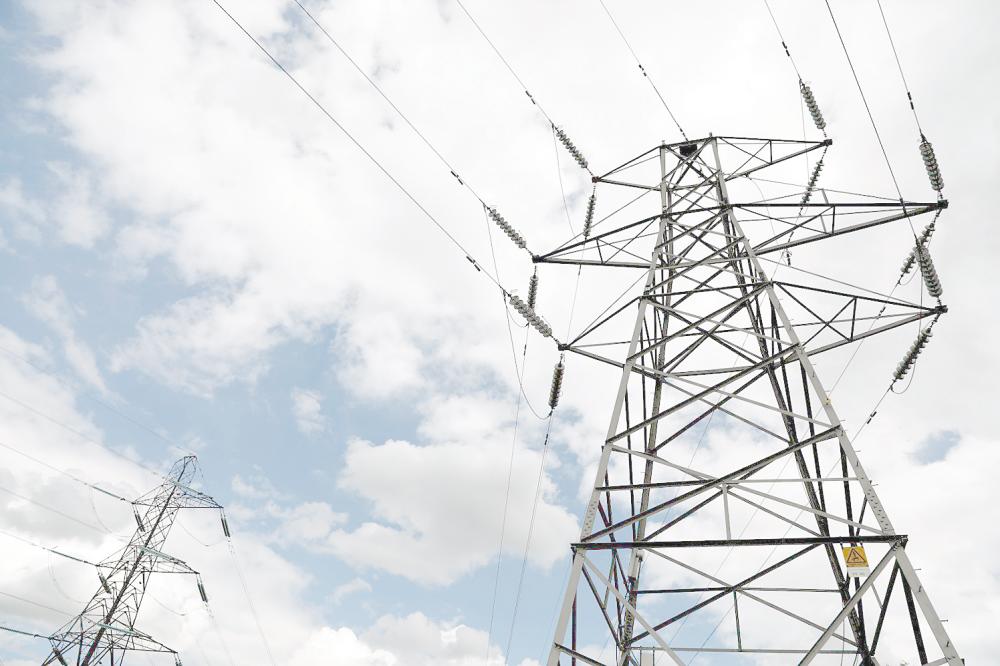PENINSULAR Malaysia’s electricity sector will enter the Third Regulator Period (RP3) where cost inputs for electricity will be adjusted to reflect current and forecast situations between 2021 and 2023. This process involves forecast demand for electricity, projected fuel cost, new generation capacity’s fixed system cost that will be carried forward from the Second Regulator Period. The basic question to the Energy Commission (ST) as the regulator – is it right for businesses and domestic consumers to pay for ST’s incompetence?
The Electricity Supply Act and the Energy Commission Act clearly guide the commission members and the officers to follow the roles and responsibilities placed upon them. The law also limits the minister’s power only to enhance the electricity sector and not make it worse. Unfortunately, ST just follows directions of the minister without rejecting them in accordance to the law that empowers them.
Since 2014, many direct negotiations and renewable energy (RE) projects have increased the electricity reserve margin beyond what is needed. The power purchase agreement (PPA) holders will not lose the investments. That means the system cost will increase and impose a higher cost to the electricity tariff where it is deemed unnecessary.
Based on ST’s own report, the RP3 will have 48% (2021), 44% (2022) and 36% (2023) reserve margin respectively. It will rise to 42% in 2024. Based on the 2013 Energy Commission Report, the Planning and Implementation Committee for Electricity Supply and Tariff criterion for reserve margin is Loss of Load Equivalent (LOLE) at <= one day
Why are we operating at a foolishly high reserve margin? In fact, just last year the former energy minister who is self-proclaimed “champion” of competitive bidding allowed another non-strategic and non-cost effective direct negotiation to build a power plant which causes higher reserve margin.
The increase in reserve margin projections is not inclusive of newly launched “Prihatin-cluster” of renewable energy projects. We would like to state that the Association of Water and Energy Research Malaysia (Awer) is not against RE. We are more concerned about the impotent energy forecast and planning in Malaysia that seems to continue to add cost and not optimise cost to tariff. It is important to grow the energy mix in Malaysia with effective policies and implementation and not simply adding cost to the electricity.
When a Covid–stricken economy is trying to recover, ST’s blunders are coming home to roost.
The fuel cost savings, pandemic-driven drop in electricity demand, drop in forecast over-recovery by Tenaga Nasional Bhd (TNB) as well as aid dished out under Prihatin to the electricity sector will definitely pose an impact to RP3. What should the Energy and Natural Resources Ministry do? It should:
(i) Defer RP3 announcement until a transparent consultation process is done with all stakeholders. The results of the consultation must be made public.
(ii) Put in place new policies to reduce the reserve margin of electricity to an optimised value within next five years.
(iii) Investigate the direct negotiation and potentially “rigged” RE bidding processes that may have violated existing laws and policies. It is also a faster way to reduce the reserve margin and punish wrong doers.
(iv) Bring back Energy Efficiency (EE) implementations that optimise electricity and energy usage so that we can achieve an efficient electricity supply and demand situation before going into too much of wasteful RE. When demand settings are still operating in a wasteful way, RE will eventually be wasted as well. The minister must correct this erroneous policy focus that came into play due to office politics in the energy sector since 2009.
(v) Improve regulatory implementation for the transmission and distribution sector to reflect more transparent costing.
The suggestions above will increase transparency and assist government to manage increase in electricity cost due to wrong implementations under ST and ministry in charge of energy.
Is the minister of energy and natural resources ready to grab the bull by the horns?
This article was contributed by Piarapakaran S, president of the Association of Water and Energy Research Malaysia (Awer), a non-government organisation involved in research and development in the fields of water, energy and environment.













